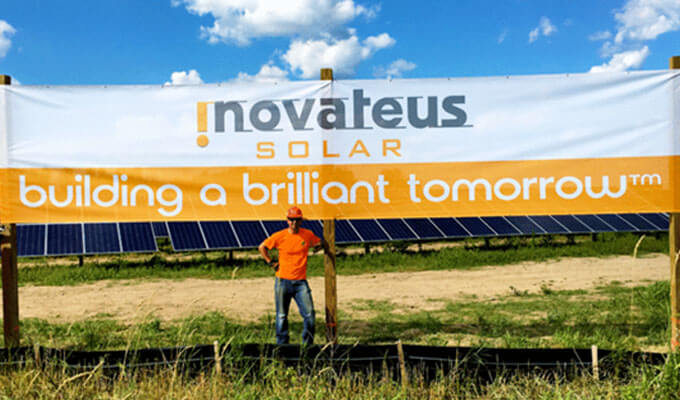Today’s solar technology is the most sustainable way of generating energy. Solar power is inexpensive on a kilowatt per hour basis, is low maintenance, has zero fuel requirements, generates no emissions, and is completely silent.
But even solar leaves a waste footprint, primarily because there is a lot of equipment that is manufactured and installed. Energy is consumed during component and equipment manufacturing, shipment and installation — whether on a utility-scale field, commercial flat roof or home. Waste is inevitably generated, especially packaging materials (I was kicked out of my first home office because we were recycling too much cardboard).
Perhaps the biggest waste footprint issues will arise when solar installations are de-commissioned at the end of their life. Aluminum and steel racking can be profitably recycled. However, as with many other consumer and industrial products (tires, electronics, etc.), there are significant costs associated with shipping and recycling solar panels. It is not an easy process to separate the aluminum, glass and silicon that are the primary components of solar panels.
This all comes back to the concept of sustainable solar development, and in the solar industry, sustainability is more than just a buzzword. We strive to walk the talk. As a result, most solar companies have solar panels on their roof, use EVs in their fleet and are compulsive about recycling.
Our guest on this week’s Energy Show is TJ Kanczuzewski, CEO of Inovateus Solar. Based in South Bend, Indiana, Inovateus is emphasizing corporate sustainability on all of their projects. Please listen up to this week’s Energy Show as TJ discusses how Inovateus Solar has established their sustainability plan, and how they are extending sustainable solar development for their projects and with business partners.

